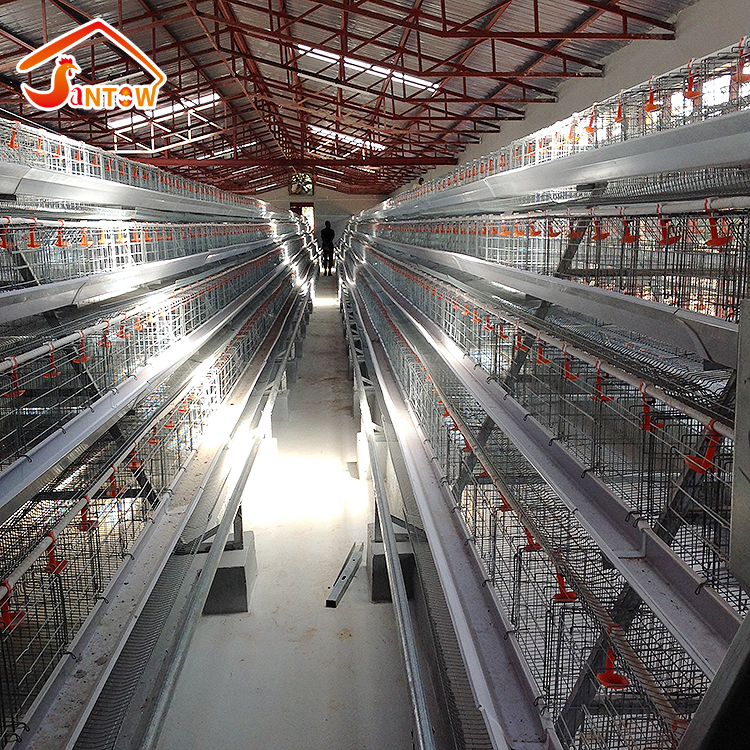

PRODUCT
CONTACT US
ZhengZhou Santow Agro Equipment Co., Ltd
Hotline:+86-371-5598 1030
Fax:+86-371-5598 1030
Phone:+86-187 6889 2838
Mail: sales@santow-agro.com
How to Deworm Chicken at your Chicken Farm?
Can Chicken Get Hookworms?
With more people raising chickens in their Farm, many are concerned about whether
they can get diseases or parasites from their birds. Hookworm is one parasite that
can be passed to humans, especially from puppies and kittens. The good news is that
chickens don't get hookworms. The bad news is that there are other worms that chickens
can get, though they aren't transmissible to humans. However, you can easily treat a
chicken with worms. Or, better yet, take steps to make sure your chickens stay healthy
all year round.
Types of Worms
While chickens don’t get hookworms, there are a number of worms that can infect them.
The most common kind of worm for chickens is roundworms. Adult roundworms are about
1 1/2 to 3 inches long and visible to the eye. The roundworms infect the chicken's intestines,
which can cause a number of symptoms and even death if left untreated. Your chickens may
also have flatworms or tapeworms, though these are less common.
(Please scan QR Code for 720 Factory Panoramic View)

Also Read: Coccidiosis & Infectious Choryza in Chicken Farming
How to Tell
There are some signs if your chicken has a worm infestation. Look for a pale comb and a decrease
in egg laying. Some chickens begin to lose weight and can become almost emaciated. The droppings
may be watery or you may see actual worms in them. While it is hard to find vets that have expertise
with birds, you can ask any vet to examine the droppings for worms.
Steps to Treat
Not everyone agrees on whether you need to worm chickens regularly. However, if you see one or
more signs, it's probably time to treat. Treat the entire flock with a wormer approved for poultry.
Usually the medicine is mixed into the drinking water. Read the directions carefully and take note
if there is a time period to not eat the eggs after giving your chickens the medicine.
Prevention
It's easier to prevent a worm infestation than to treat one. One key to preventing worms is to keep
the coop clean and dry at all times and don’t overcrowd your chickens. If one chicken has worms,
they can be passed to the others through droppings in the bedding. Make sure your chickens are
getting a high-quality food with adequate protein, vitamins and minerals. Also, wild birds can bring
in worm eggs and other parasites, so consider placing netting over the pen to keep unwanted birds out.
